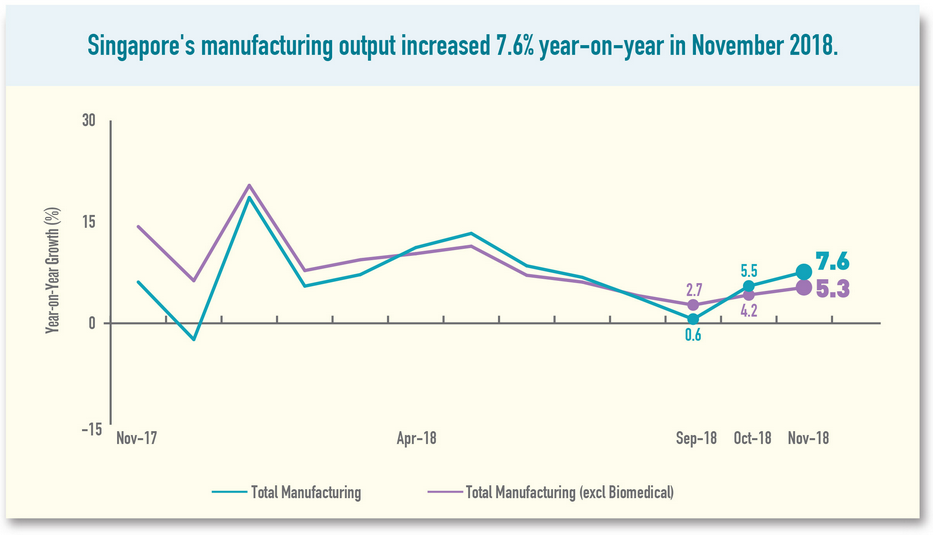Igor Sechin, head of Russian oil monster Rosneft and one of Vladimir Putin's nearest partners, has kept in touch with the Russian president saying Moscow's arrangement with OPEC to cut oil yield is a vital danger and plays under the control of the United States.
The letter did not say whether the understanding set up since 2017 between the Organization of the Petroleum Exporting Countries (OPEC) and other vast oil makers driven by Russia to cut yield ought to be expanded or not.
In any case, as indicated by two all around set industry sources, the letter was a reasonable flag to other senior Russian authorities associated with vitality arrangement that Sechin needs the arrangement to reach an end.
There is no certification Putin will back Sechin's view in light of the fact that the president sees the agreement with OPEC as a feature of an a lot greater riddle including discourse with OPEC's pioneer Saudi Arabia over Syria and other geopolitical issues.
"The letter is a danger to the arrangement expansion. In any case, Putin is a definitive leader," one of the sources said.
Reuters has seen a duplicate of the letter with no date or header. An administration source said it was sent toward the finish of December.
The supposed OPEC+ bargain has helped oil costs twofold to more than US$60 per barrel. It has been broadened a few times and, under the most recent arrangement, members are cutting yield by 1.2 million barrels for every day (bpd) until the finish of June.
OPEC and its partners will meet on April 17-18 in Vienna to audit the agreement.
Should Russia surrender the arrangement, it would result in a lofty oil value crash or power Saudi Arabia to worry about a large portion of the concern of slicing yield to keep propping up worldwide rough costs. Riyadh has said it won't do this by itself.
A value crash would bargain a serious hit to U.S. oil firms as they work fields where it is increasingly costly to separate oil, yet would profit the more extensive U.S. economy.
The United States, which overwhelmed Russia and Saudi Arabia as the world's greatest oil maker a year ago, isn't taking an interest in the yield cuts.
U.S. unrefined petroleum yield is relied upon to ascend to a record of in excess of 12 million bpd this year and move to about 13 million bpd one year from now, the U.S. Vitality Information Administration said on Tuesday.
'Key THREAT'
Sechin has been the main Russian authority to reliably contradict the OPEC bargain since the Kremlin supported the arrangement, saying it has permitted U.S. clout to rise altogether.
"The members of the OPEC+ assention have really made a particular preferred standpoint for the USA - that sees raising its own piece of the pie and the seizure of target advertises as its essential errand - which has turned into a vital danger to Russia's oil industry advancement," the letter seen by Reuters says.
"The key vital test which the residential oil industry is looked with today is the further decrease in Russia's piece of the overall industry, in spite of the accessibility of value recoverable oil saves, essential framework and work force," it said.
Rosneft, Russia's biggest oil maker, has been the primary supporter of the a lot of cuts. Rosneft has flagged that its oil generation may increment by 3 percent to 4.5 percent this year, subject to OPEC assentions.
Sechin, who worked intimately with Putin in the city hall leader's office of St. Petersburg during the 1990s, has for quite some time been doubtful of OPEC's capacity to direct oil showcases and has contradicted yield cuts previously.
Previous Saudi Energy Minister Ali al-Naimi said in his 2016 book "Out of the Desert" that Sechin let him know in a gathering with a few oil serves in Vienna in 2014 that Russia was not in a situation to cut creation.
In the book, Naimi composed that he at that point assembled his papers and stated, "so I thoroughly consider the gathering is".
The principal endeavors to manufacture an OPEC-Russia yield bargain fell as the year progressed. It took an additional two years of talks and Saudi Arabia supplanting its oil priest to secure an arrangement.
Sechin's letter additionally reflects developing strain inside Russia's legislature over the oil creation understanding.
The leader of Russia's sovereign riches subsidize, Kirill Dmitriev, one of the principle designers of Russia's concurrence with OPEC, told Reuters in January that he saw no motivation to forsake the agreement, regardless of a lofty ascent in U.S. yield.
Dmitriev said U.S. oil yield would decrease just if costs tumbled to US$40 per barrel yet in the event that that happened it would likewise make significant harm the Russian economy, which depends on oil and gas sends out for the greater part its spending incomes.
 Singapore Technologies Engineering Ltd
Singapore Technologies Engineering Ltd





















